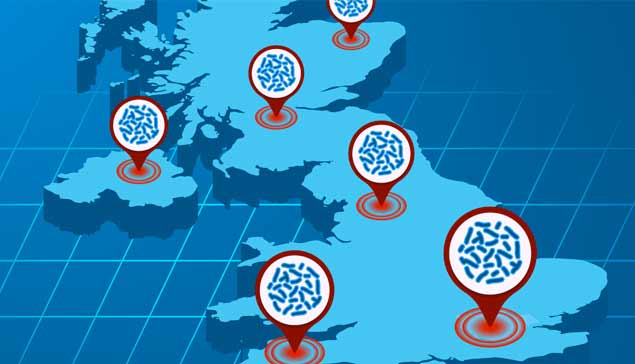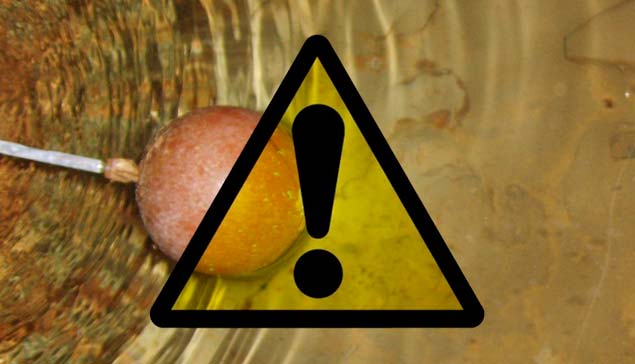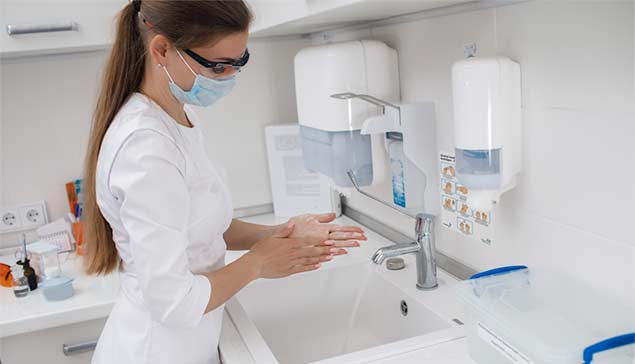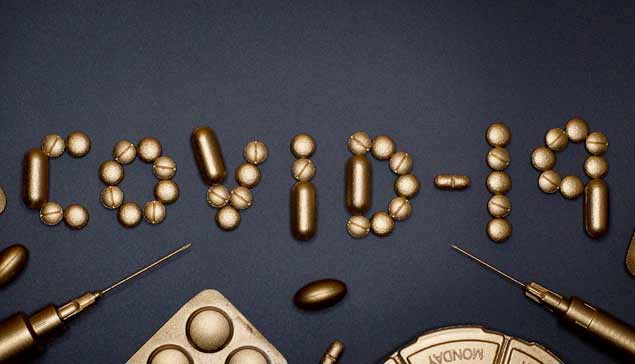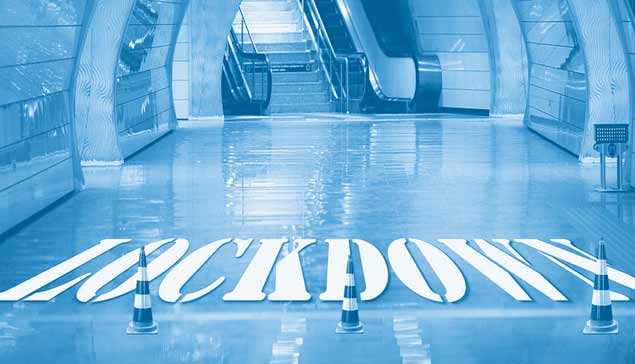ASSOC. COMPANY
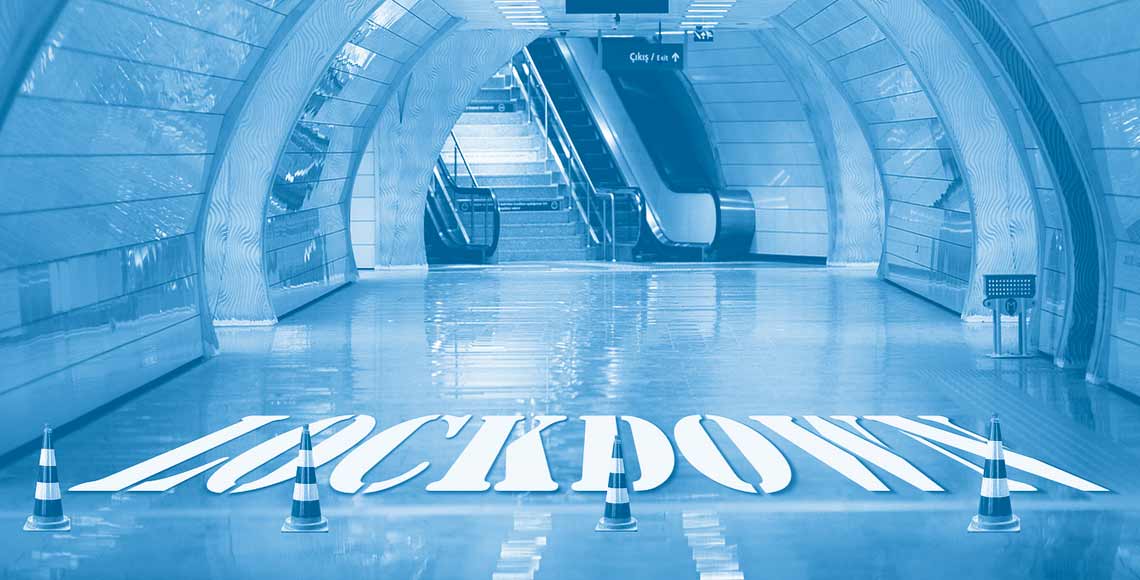
Guidance on COVID-19 measures and managing water systems
During this period of COVID-19 precautions, water systems are at an increased risk of developing biofilm and allowing the propagation of bacteria such as Legionella and Pseudomonas, which are known to cause disease in humans.
Dutyholders need to continue to adhere to the Health and Safety at Work Act, by continuing to follow the guidance in ACoP L8, HSG 274 and HTM 04-01 and respond to the change of use of their water systems.
With little or no use, water systems will stagnate and reach temperatures ideal for Legionella proliferation, which can in worst case scenarios result in total systemic colonisation. This presents a greater risk to system users (either during or after the COVID-19 pandemic) of contracting Legionnaires’ Disease or other waterborne diseases caused by opportunistic bacteria. Furthermore, once a system develops biofilms as a result of a lack of control scheme, this can make the remedy difficult, time consuming and costly.
The points highlighted below are provided as generalised guidance only to help you understand the type of action you should be taking. Individual circumstances will differ and therefore a site-specific risk assessment should be carried out to determine a suitable and adequate interim control scheme.
Advice to clients who continue to operate as normal:
- Continue with monitoring as per your control scheme
- Allow contractors (who are classified as ‘key workers’) to carry out pre planned maintenance and testing or undertake these tasks in-house if you are limiting 3rd parties on site
- If there is a breakdown of the control scheme at any point, carry out regular corroborative microbiological sampling and respond appropriately until control is regained
Advice to clients who maintain a partial operation:
- Continue with monitoring as per your control scheme
- Allow contractors (who are classified as ‘key workers’) to carry out pre planned maintenance and testing or undertake these tasks in-house if you are limiting 3rd parties on site
- Expand your weekly flushing regime to manage the increase of little used outlets
- Expand the number of temperature checks to identify areas of thermal gain
- Consider increasing chemical levels if using a water treatment control scheme and increase the number of chemical checks across the site
- Do not turn off your hot water generators to areas that are not in use as this will only exacerbate the problems
- Flush enough water through the outlets to ensure that stored water (cold water tanks and hot water cylinders) are turned over every 24 hours
- Consider reducing the volume of stored water (e.g. where possible adjust the inlet valve in the tank)
- If there is a breakdown of the control scheme at any point, carry out regular corroborative microbiological sampling and respond appropriately until control is regained
- Consider using Point of Use filters on outlets that continue to be in use
Advice to clients who close their facilities:
- Continue to maintain evaporative cooling systems or switch off safely
- Mothball the entire system following the approved guidance in HSG274 Part 2 paragraphs 2.50-2.52
- Do not drain down pipework
- If possible, remove sources of heat and external thermal gain
- Lock off, place signage on doors and otherwise advise potential users that the system has been taken out of use
- Have a plan in place for recommissioning the water system including disinfections, remedial works, microbiological sampling and use of POU filters
Recommissioning a water system:
It is essential that when buildings reopen following the lifting of COVID-19 restrictions, that any water system is not simply put straight back into use.
- Where a water system has been effectively mothballed or there are reasonable concerns over a system’s hygienic quality, a full system disinfection should be carried out before use as per BS8558:2015 by a qualified contractor.
- Sampling should be carried out as part of the above measures to confirm whether the system is safe for use.
For more advice and any help with the measures discussed, contact the team at W.E.T on 01827 288 810 or email This email address is being protected from spambots. You need JavaScript enabled to view it.


